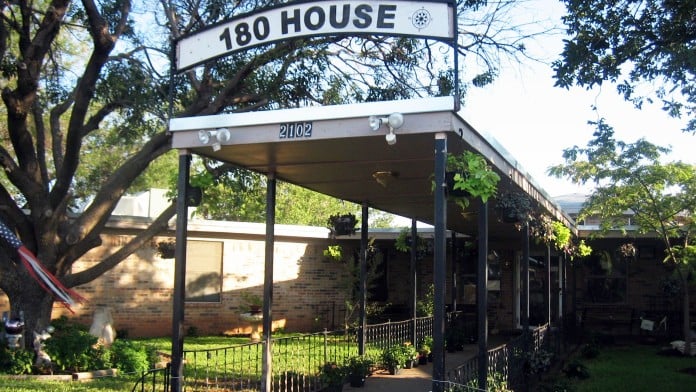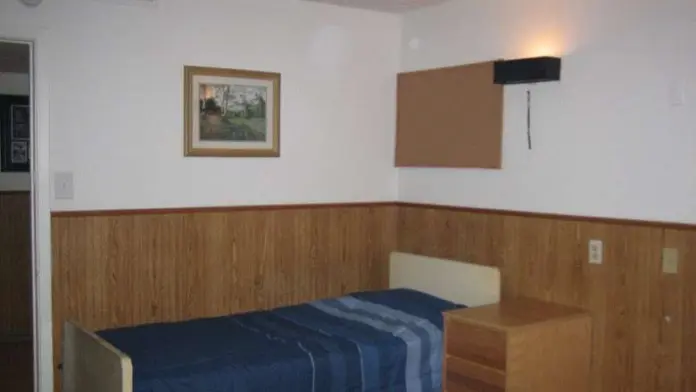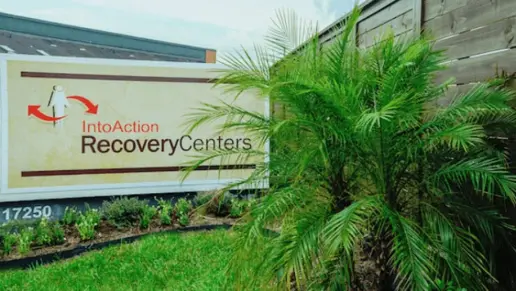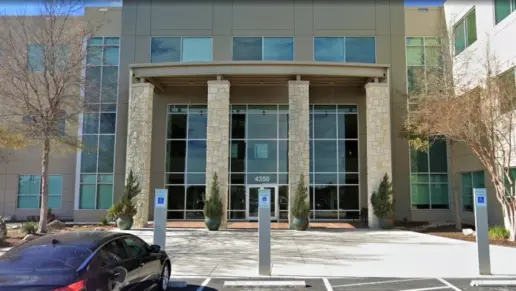Man this place is infected with bed bugs it is a good place but it is infested with these nasty ass bugs I wish my loved one never went he has been ate up by these things and i would not recommend it to anyone
About 180 House
180 House is a transitional living home in Abilene, Texas. They welcome court-ordered and voluntary adults seeking a sober environment to continue their recovery journey. You’ll benefit from a safe living space with affordable weekly rates. Whether you’re stepping down from another level of care or starting recovery you’ll benefit from ongoing support and encouragement. Their program creates a balance of structure and independence to support you in your journey. They emphasize accountability and help you understand how your choices will benefit or hinder recovery. You’ll have multiple house rules including attending daily recovery meetings and adhering to a curfew as well as paying rent on time and finding employment and more. You can also receive outpatient services at Serenity House during your stay.
One standout feature is their location. You’ll live in a modest home with single and double occupancy rooms and an outdoor space as well as common areas and a gym. Although Abilene is a smaller city its recovery community is bustling. You’ll benefit from multiple options for peer support groups and other recovery activities. They’re also close to several employment opportunities and public transportation.
I also think their blend of autonomy and discipline is noteworthy. Along with following the rules they also require community service if you’re unemployed. You’ll participate in 10 hours of food bank duties or organization or perhaps help out with special events or stock. These tasks can help you understand the significance of maintaining responsibilities. As you progress in their program you gain more freedom. They allow overnight privileges after a period of time and have a decent curfew of 12:30 a.m. on weekdays and 1:00 a.m. on weekends.
Many previous clients appreciated their services. Some described them as a wonderful place for a fresh start and enjoyed their simple approach and compassionate staff. Others mentioned issues with cleanliness and unprofessionalism.
Recovery looks different for everyone. What someone finds beneficial in treatment might not work for you. Always research and consider different facilities before making your choice.
Latest Reviews
Rehab Score
Gallery




Location
Other Forms of Payment
Self-pay involves paying for treatment out of your own pocket. You can use savings or credit, get a personal loan, or receive help from family and friends to fund your treatment. If you don't have insurance or your insurance plan doesn't cover a specific program, self-pay can help ensure you still get the care you need.
Addiction Treatments
Levels of Care
Treatments
The goal of treatment for alcoholism is abstinence. Those with poor social support, poor motivation, or psychiatric disorders tend to relapse within a few years of treatment. For these people, success is measured by longer periods of abstinence, reduced use of alcohol, better health, and improved social functioning. Recovery and Maintenance are usually based on 12 step programs and AA meetings.
During rehab in Texas, you'll deal with underlying issues that contribute to addiction. By addressing these challenges and learning healthy ways to cope with them, you'll develop strategies that help you live a drug-free lifestyle.
Opioid rehabs specialize in supporting those recovering from opioid addiction. They treat those suffering from addiction to illegal opioids like heroin, as well as prescription drugs like oxycodone. These centers typically combine both physical as well as mental and emotional support to help stop addiction. Physical support often includes medical detox and subsequent medical support (including medication), and mental support includes in-depth therapy to address the underlying causes of addiction.
Substance rehabs focus on helping individuals recover from substance abuse, including alcohol and drug addiction (both illegal and prescription drugs). They often include the opportunity to engage in both individual as well as group therapy.
Programs


Clinical Services
Group therapy is any therapeutic work that happens in a group (not one-on-one). There are a number of different group therapy modalities, including support groups, experiential therapy, psycho-education, and more. Group therapy involves treatment as well as processing interaction between group members.
Individual therapy offers you a confidential space to address the complexities of your drug or alcohol addiction. Your therapist guides these personalized sessions to help develop self awareness and manage stress. This promotes sustained sobriety and overall well being.
Therapy sessions that incorporate motivational interviewing focus on OARS: open questions, affirmation, reflections, and summarizing. This facilitates an exchange of information and an empowering of the client to decide for themselves what changes might need to be made in their lives.
Together with an experienced trauma therapist, you work on healing emotional wounds from traumatic experiences within a trauma therapy environment. Your therapist will help you process the experience of the trauma, which promotes emotional healing and improves your overall mental health.
Amenities
-
Residential Setting
-
Private Rooms
Staff

Program Director

Office Manager

House Manager
Contact Information
2102 Amy Lyn Avenue
Abilene, TX 79603


